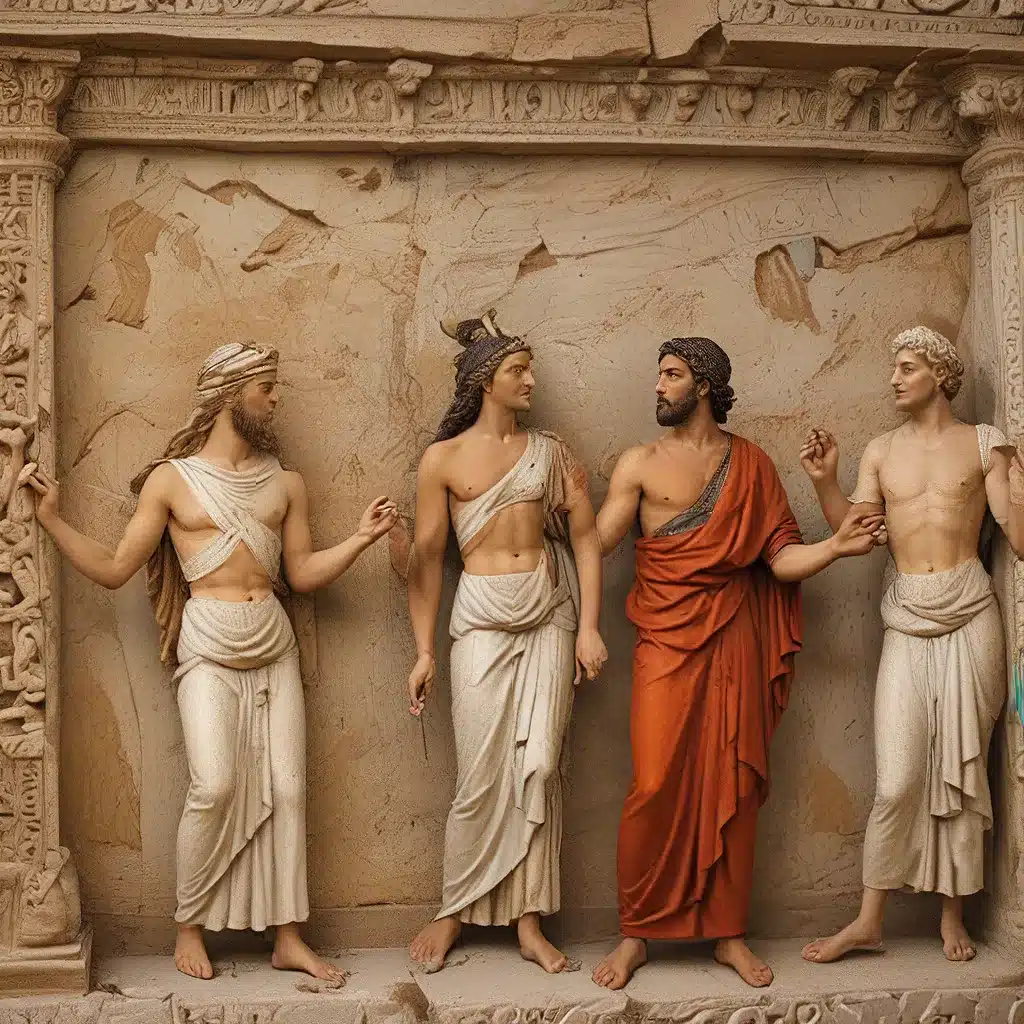
Unraveling the mysteries of ancient civilizations and their archaeological discoveries has long captivated the human imagination. From the grandeur of the pyramids of Giza to the enigmatic Nazca Lines in Peru, the remnants of bygone eras offer a tantalizing glimpse into the intricate tapestry of our shared history. As we delve deeper into these ancient worlds, we find that the narratives we once held so dear are constantly being challenged and rewritten, shedding new light on the stories of the past.
Uncovering the Secrets of Dinosaur Dynasties
One of the most captivating aspects of ancient history is the study of dinosaurs and their evolution. The discovery of fossils and archaeological sites has revolutionized our understanding of these once-dominant creatures, allowing us to piece together a more comprehensive picture of their life, habits, and eventual extinction.
Recent excavations have unearthed a wealth of new information, challenging long-held beliefs about the dominance of large, carnivorous dinosaurs. Researchers have discovered evidence of smaller, more agile species that thrived in diverse ecological niches, suggesting a far more complex and dynamic prehistoric landscape than previously imagined.
Advancements in paleontological techniques have also enabled scientists to uncover new insights into the social behaviors and evolutionary adaptations of these ancient creatures. By studying the fossilized remains of dinosaur nesting sites and pack structures, researchers have gained a deeper understanding of the complex social dynamics that shaped the prehistoric world.
Uncovering the Mysteries of Ancient Cultures
Alongside the study of dinosaurs, the exploration of ancient civilizations has also led to a rewriting of historical narratives. From the sophisticated urban planning of the Indus Valley Civilization to the advanced astronomical knowledge of the Maya, the discoveries made by archaeologists and historians have challenged long-held assumptions about the capabilities and achievements of these ancient societies.
Myths and legends that were once dismissed as mere folklore have now been reexamined and found to hold significant historical value, shedding light on the cultural beliefs, rituals, and social structures of these civilizations.
The decipherment of ancient scripts and the analysis of artifacts have allowed researchers to uncover previously unknown aspects of these societies, such as their trade networks, technological advancements, and systems of governance. These discoveries have not only expanded our understanding of the past but have also challenged the Eurocentric biases that have long dominated the narrative of world history.
Emerging Theories and Controversies
As our understanding of ancient civilizations and prehistoric life continues to evolve, new theories and controversies have emerged, fueling further debates and discussions within the academic community.
One such area of ongoing debate is the role of environmental factors in the rise and fall of ancient empires. Researchers have explored the impact of climate change, natural disasters, and resource depletion on the sociopolitical stability of these societies, challenging the traditional monocausal explanations that have long dominated the field.
Advances in technology have also played a crucial role in rewriting the stories of the past, as new analytical techniques and digital mapping technologies have allowed scholars to uncover previously hidden archaeological sites and reevaluate existing data.
Embracing the Complexity of the Past
As we continue to explore the mysteries of antiquity, it is essential to embrace the ever-evolving nature of historical narratives. The stories we tell about the past are not static, but rather dynamic and responsive to new discoveries, interpretations, and perspectives.
By challenging our preconceptions and embracing the complexity of ancient civilizations and prehistoric life, we can gain a deeper appreciation for the richness and diversity of our shared human heritage. This open-minded approach to the study of the past not only expands our knowledge but also inspires us to rethink the way we understand and interpret the world** around us.
In the ever-evolving landscape of archaeological and historical research, the stories of antiquity continue to unfold, inviting us to explore, discover, and rewrite the narratives that shape our understanding of the human experience.


